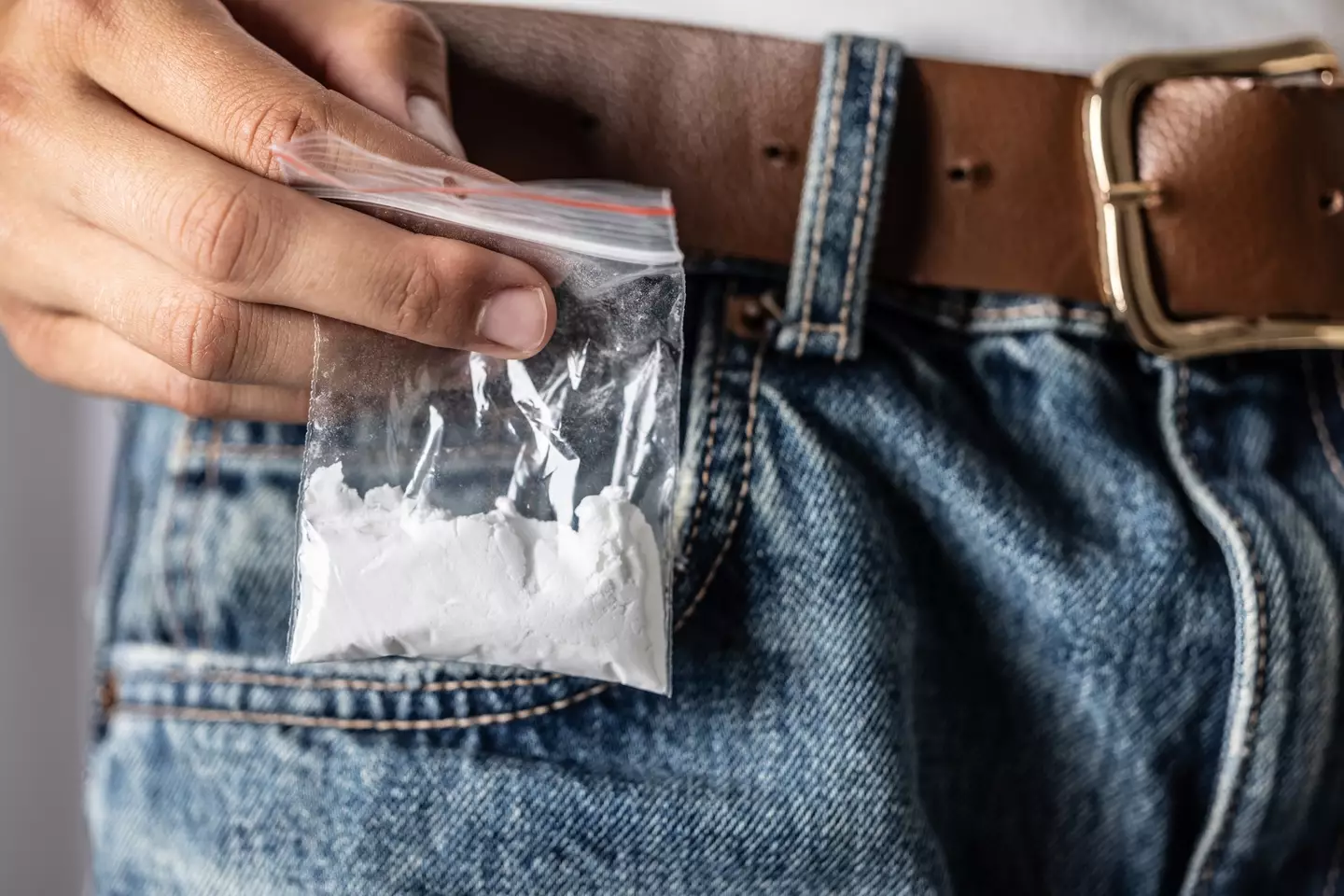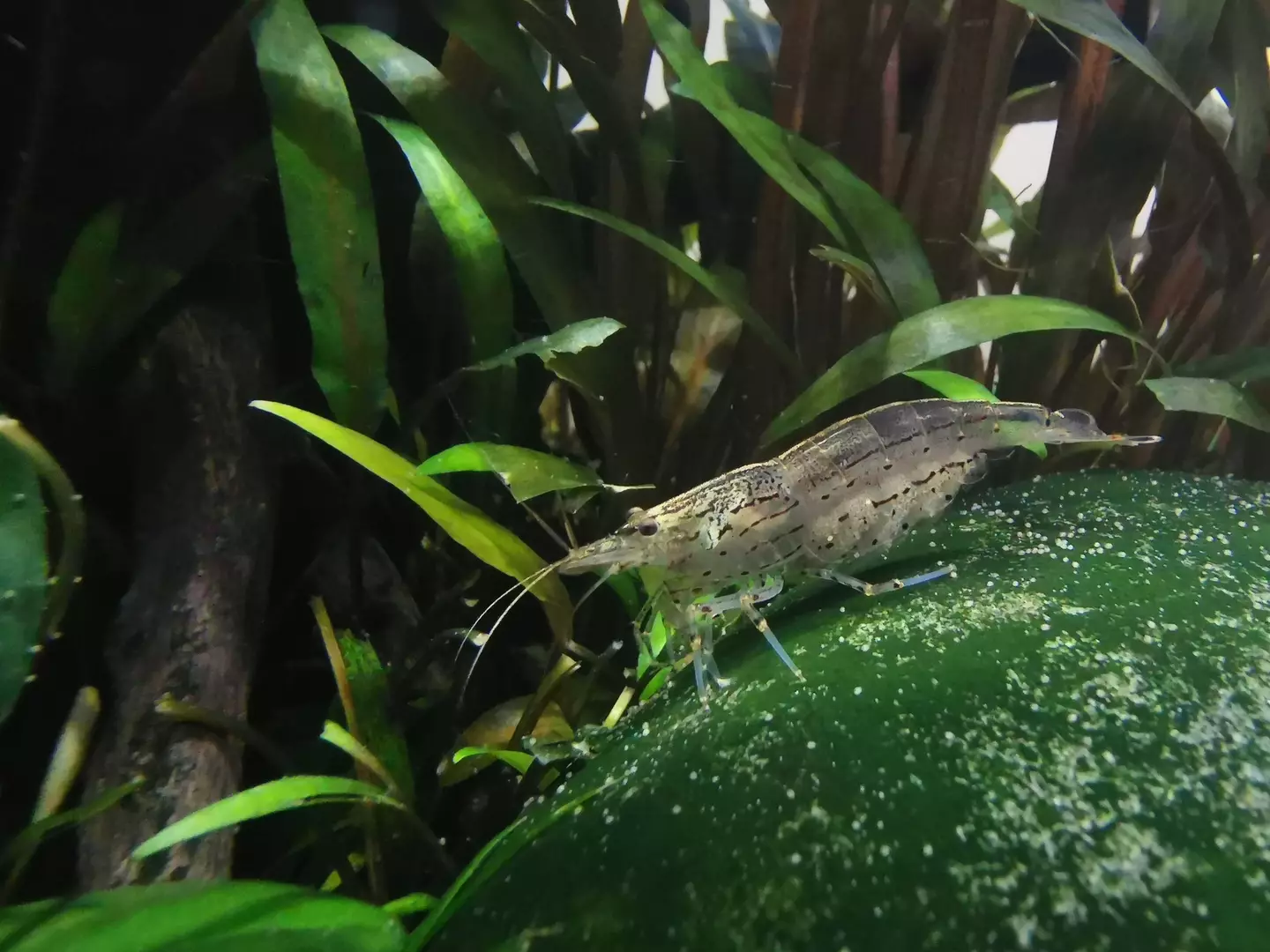
Who knew that shrimp were some of the biggest party animals in the United Kingdom? A surprising number of animals are known to get high, like Tasmania's wallabies turning to opium, monkeys on the Caribbean island of St Kitts being known for chugging back alcohol, and reindeer in eastern Europe fighting over magic mushrooms.
We recently warned about the dangerous amounts of microplastics we're consuming from our water supplies, but apparently, that's not the only unexpected substance we might be drinking as we knock back a cool glass of H2O.
While Elon Musk is more than happy to share his drug tests online, it turns out the average shrimp might not be coming up clean
Research conducted by King’s College London and the University of Suffolk noted how illegal substances ranging from cocaine to ketamine were found floating around the waterways of the United Kingdom.
Advert
Looking at how these narcotics are impacting rivers and freshwaters across the country, the teams were shocked to see such a cocktail of drugs making their way into the food chain.

Published in the journal Environmental International, the study revealed how polluted the UK's waters are. Collecting samples from 15 sites across Suffolk County, researchers looked at rivers including the Alde, Box, Deben, Gipping, and Waveney.
Every single one of the freshwater shrimp (Gammarus pulex) tested was found to have trace amounts of cocaine inside them. King's College's Dr. Leon Barron explained: "Such regular occurrence of illicit drugs in wildlife was surprising. We might expect to see these in urban areas such as London, but not in smaller and more rural catchments.”
Cocaine wasn’t the only drug found in every shrimp tested, with ketamine, pesticides, valium, Xanax, and other pharmaceuticals found across the samples.
While only found in trace amounts, lead author Thomas Miller was alarmed by the findings as he wrote: "Although concentrations were low, we were able to identify compounds that might be of concern to the environment and crucially, which might pose a risk to wildlife."

University of Suffolk's Nic Bury added: "Whether the presence of cocaine in aquatic animals is an issue for Suffolk, or more widespread an occurrence in the U.K. and abroad, awaits further research.
"Environmental health has attracted much attention from the public due to challenges associated with climate change and microplastic pollution. However, the impact of ‘invisible’ chemical pollution (such as drugs) on wildlife health needs more focus in the U.K. as policy can often be informed by studies such as these."
Speaking to The Guardian in 2024, Dr Leon Barron explained his work for the Emerging Chemical Contaminants team at Imperial College London and how he can tell exactly what prescriptions we're on based on the water in London. Apparently, the number of drugs found in the city's waterways massively dropped during the pandemic, but has continued to rise since people have returned to the city. In particular, there's been an uptick in the amount of antidepressants found in the country's water.
More research needs to be conducted to see how these narcotics are affecting waterways and whether any legislation can be brought in to tackle the problem, but for the time being, it sounds like the UK's shrimp population is having quite the party.